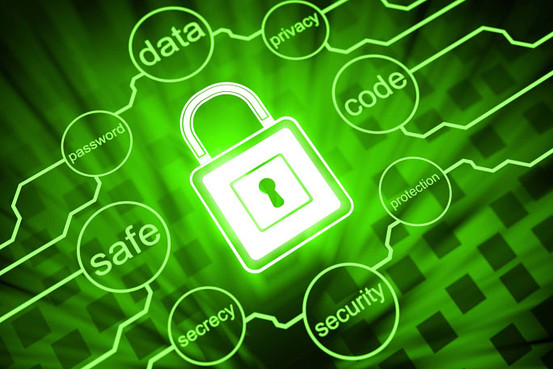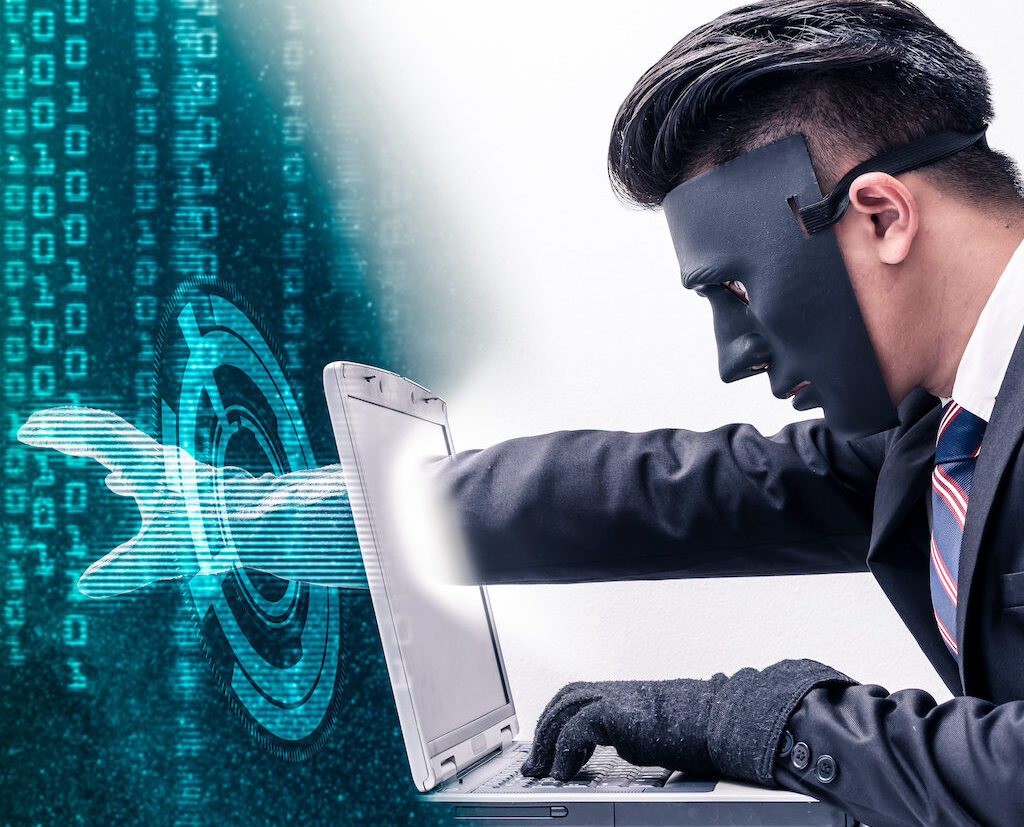Public health isn’t the only thing at risk amid the COVID-19 pandemic. For cybercriminals capitalizing on the chaos, small-to-midsize businesses, or SMBs, are the perfect gambit: smaller firms are less likely to believe themselves an “attractive” target for cyberattacks, which leads them to slack on cybersecurity protections. It’s easy to be lulled into a false sense of security by stories of high-profile data breaches.
Yet an estimated 43% of all cyberattacks involve SMBs on the receiving end, and the consequences can be severe. Last year, one data breach had the potential to cost the affected business $200,000, which could prove a killing blow for smaller entities working to regain their footing in the pandemic’s economic fallout.
Like all crises, health-related or otherwise, quick and decisive action is the best solution. SMBs experiencing a drop in their clientele due to lockdowns or other CDC-issue guidelines have a unique opportunity to bolster their cyber defenses without interfering with day-to-day operation. And from everyday threats to securing remote work environments, there’s plenty to address.
No Consideration Is Too Small
Securing your data is key—particularly when you’re not working on-site. Data encryption is a commonly applied practice for workers both at home and in the workplace, and for SMBs with limited funds, it’s as simple as installing some digital certificates on the work-wide web server or email client and choosing your preferences.
Encryption will do the hard work of protecting your information on the go, i.e. sent between your web client and your website, and at rest, i.e. waiting in your email server or cloud storage. For cybercriminals attempting to intercept data going to and from your website, or interfere with emails to “phish” or socially engineer your clients, they’ll be looking at pages of unreadable data, and your information will stay secure.
It’s also important to acknowledge that hackers will use everything in their arsenal to get to your clients, including identity theft. To prevent someone posing as your business, consider S/MIME or “client” certificates to add a specific personal touch to your employees’ emails, encrypt messages and attachments, and restrict access to more sensitive areas of your website to those with a digital key. Code signing certificates and SSL/TLS certificates add an extra layer of security.
Chances are you’ve heard of multi-factor authentication, but this is another security practice that can’t be missed. Popular methods of authentication include a password or PIN, a token or mobile app used to verify your login, and even biometric data, like eye or palm scans. Frequent prompts for employees to change passwords are also simple but invaluable.
Last but not least, the world of cybersecurity may always be moving forward, but there’s no reason not to keep up. Cybercriminals are always looking for weak points in your software, hardware, and firmware, so you can do your part by installing security patches and making sure your systems are always up to date. Current backups to external servers will give your business a way out in the event of a ransomware attack, and nothing will ensure the safety of your data quite like frequent vulnerability assessments.
Stand Up Against Cyber Threats
BAI Security was founded in 2007 with a mission to bring top-shelf IT security services to organizations of all sizes, including SMBs. Our IT Security Assessment takes a 360-degree view of your organization’s processes and technology to create a comprehensive understanding of your security posture.
From there, you can take protection to the next level with our Network Vulnerability Assessment & Management, which can scan your systems at any time between audits to identify and address weaknesses in your network before they become problems.
Additionally, to stay ahead of COVID and the curve, your organization has the option to partner with us and lock in your desired audit dates for this calendar year. Whether working with us or another firm, we encourage you to schedule as soon as possible to ensure you meet your regulatory deadline and #staysecure.
Take action for the future of your organization’s security, and contact us today.









